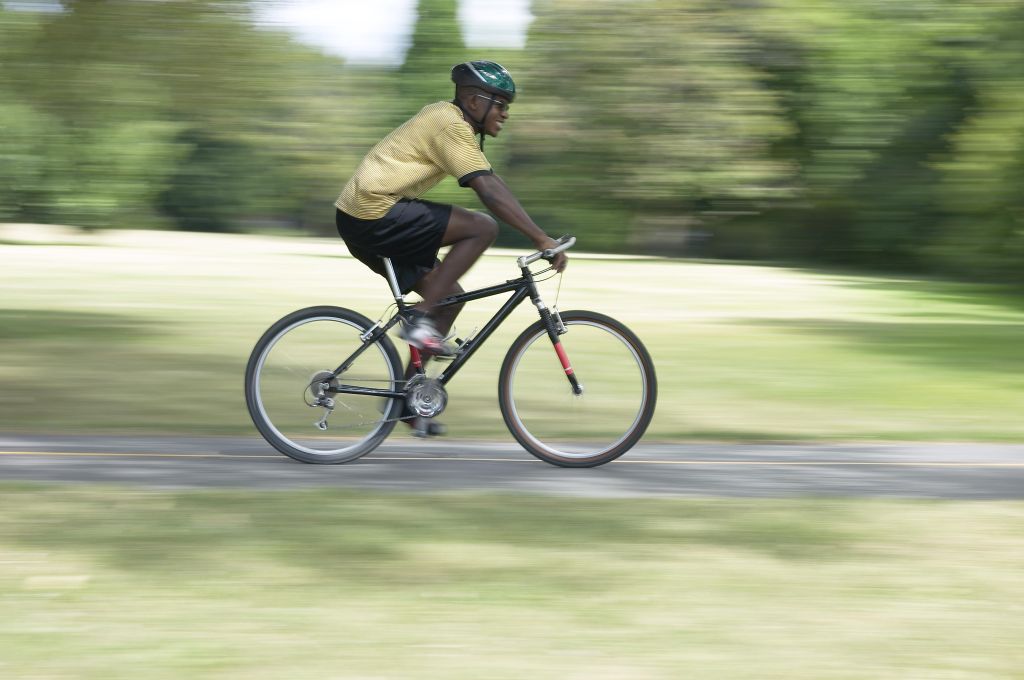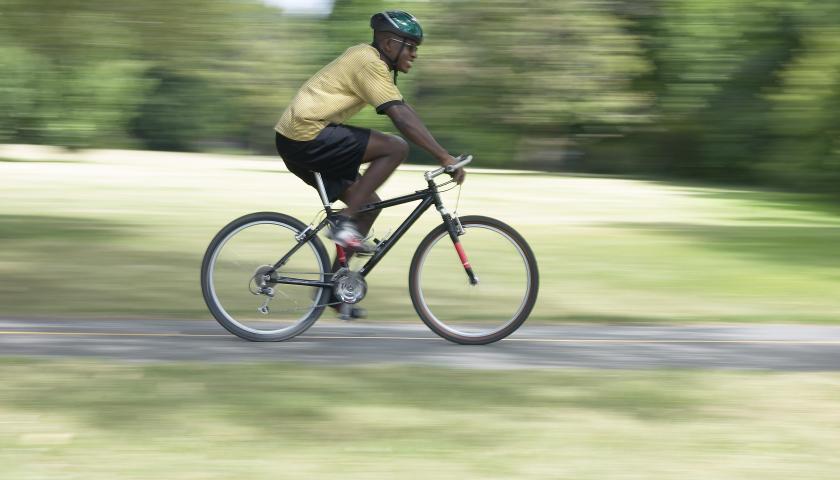Houston’s bike share system, Houston B-cycle, will more than triple in size over the next two years, adding 71 stations with 568 bikes. The expansion will be paid for with federal grant dollars.
“The expansion of the B-cycle system will bring bike sharing into new neighborhoods and to new users,” said Mayor Turner. “As I’ve said, we need a paradigm shift in transportation away from single-occupancy motor vehicles. Making cycling more accessible by building a strong bike sharing system is a critical component of that change.”
The City’s Planning and Development Department sponsored an application for a grant from the Federal Highway Administration. The grant will reimburse the City for $3.5 million of the cost of expanding the system. Houston Bike Share, a local nonprofit that administers Houston B-cycle, will provide the remaining $880,000.
Currently, the system has 31 stations with 225 bikes. The expansion will bring the total to 102 stations and 793 bikes. The grant will also pay for two new transportation vehicles.
Houston B-cycle is a membership-driven bike share system. Memberships are available by day, week or year. All members have unlimited access to the bikes for up to 60 minutes per trip. There is a charge of $2 for every additional half hour.
The expansion brings bike sharing into the Texas Medical Center with 14 stations and 107 bikes. The new stations will also serve Houston’s students, with 21 new stations and 248 bikes at the University of Houston Main Campus, Texas Southern University, UH-Downtown and Rice University.
Since January 1, cyclists have made 73,577 trips and traveled 508,044 miles. Houston Bike Share CEO Carter Stern estimates Houstonians are on track to exceed 100,000 trips by the end of 2016.
“We could not be more grateful for the Mayor and City Council’s unflagging support of the Houston B-Cycle program and our efforts to expand the program,” Stern said. “The expansion approved today will allow us to build on the immense success that B-Cycle has had in just 4 short years and bring this affordable, healthy, sustainable mobility option to more Houstonians than ever before.”
When people bike instead of drive, they dramatically decrease their carbon footprint. In 2015, B-Cycle users offset 576,082 pounds of carbon by riding bikes instead of driving. That’s an equivalent gasoline reduction of 29,000 gallons.
B-cycle users also burned 24,245,544 calories in 2015, the equivalent of about 5,400 gallons of ice cream or 81,000 cheeseburgers.
“Increasing access to bikes provides Houstonians with a sustainable, environmentally-friendly mode of transportation that also improves public health,” Mayor Turner said. “These grant funds provide a way to expand access while minimally affecting the City’s budget.”
Statistics on B-cycle Usage in Houston
Since 2012
300,862 Trips
1,814,028 Miles Traveled
1,719,147 Pounds of Carbon Offset
72,324,567 Calories Burned
In 2015 alone
98,338 Trips
608,345 Miles Traveled
576,082 Pounds of Carbon Offset
24,245,544 Calories Burned
Since January 1, 2016
73,577 Trips
508,044 Miles Traveled
481,272 Pounds of Carbon Offset
20,256,294 Calories Burned
Mayor Turner Announces Major Expansion Of Houston Bike Share Program was originally published on theboxhouston.com












